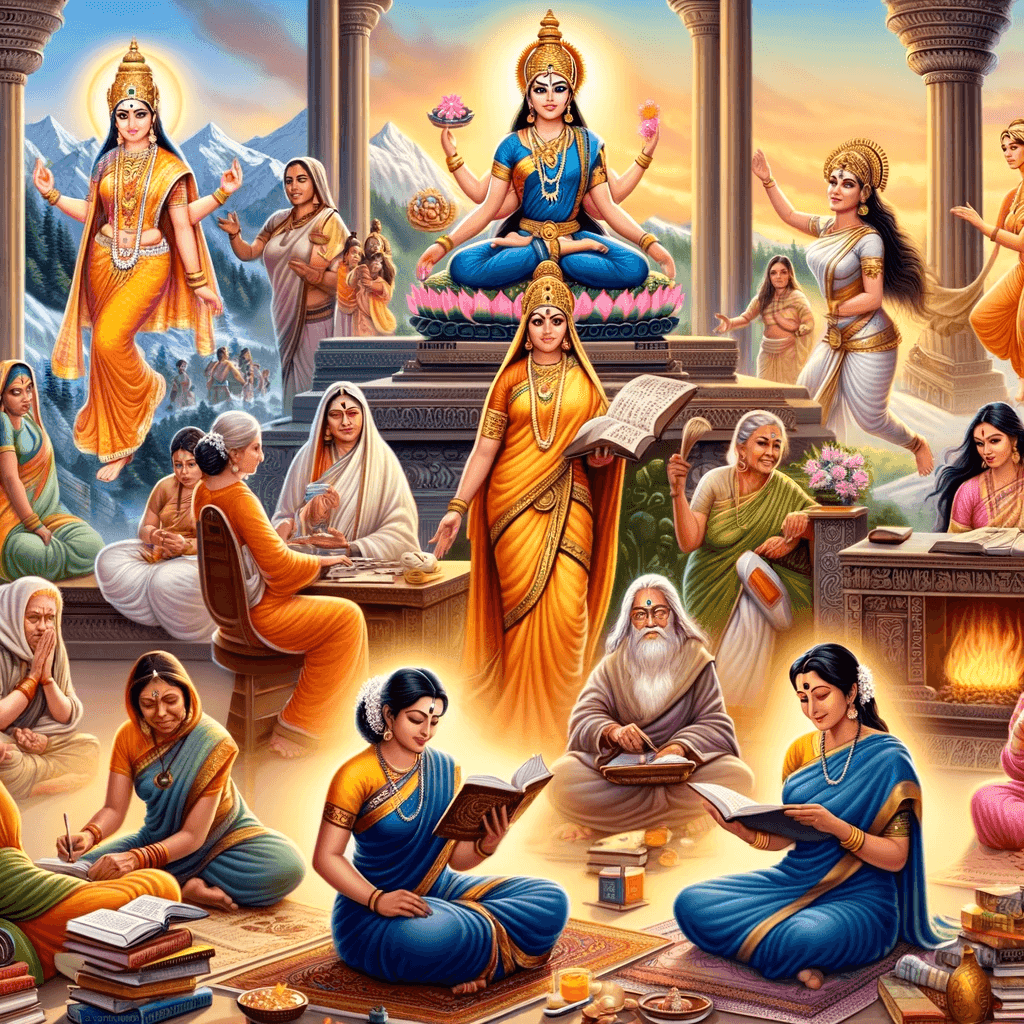Understanding Women's Rights in Sanatan Dharma
Sanatan Dharma, often equated with Hinduism, is frequently misunderstood, especially regarding its stance on women's rights. This article aims to dispel myths and present the truth about the position of women in Sanatan Dharma, supported by scriptural references and historical evidence.
Myths/Truths and Other Details

Why There is a Myth?
The misconception that Sanatan Dharma is against women's rights largely stems from biased portrayals by some Western media and a misunderstanding of the religion's practices and history. This myth is further perpetuated by conflating social practices influenced by historical invasions and cultural changes with the original religious doctrines.
What's the Truth?
Contrary to the myth, Sanatan Dharma provides equal spiritual opportunities for both men and women. Gender bias, as observed in some contemporary Hindu societies, is more a result of socio-cultural evolution rather than religious doctrine. In its essence, Sanatan Dharma advocates for the equal respect and spiritual potential of all individuals, regardless of gender.
Details About the Subject
- Historical Context: Sanatan Dharma has been misrepresented as regressive towards women. However, historical evidence suggests that women in Vedic times enjoyed considerable respect and freedom.
- Scriptural References: Hindu scriptures, like the Vedas and Upanishads, contain hymns composed by women sages like Lopamudra and Maitreyi. The concept of Ardhanarishvara (a composite form of Shiva and Shakti) symbolizes the equal importance of both genders.
- Cultural Practices: In ancient times, women were encouraged to pursue education and spiritual practices. They participated in religious rituals and were revered as embodiments of Shakti (divine feminine energy).
Scriptural References
- Rig Veda: Hymns composed by women sages, highlighting their spiritual and intellectual contributions.
- Devi Mahatmyam and Devi Bhagavata Purana: These texts celebrate the feminine divine, emphasizing the importance of female deities in Hinduism.
...




